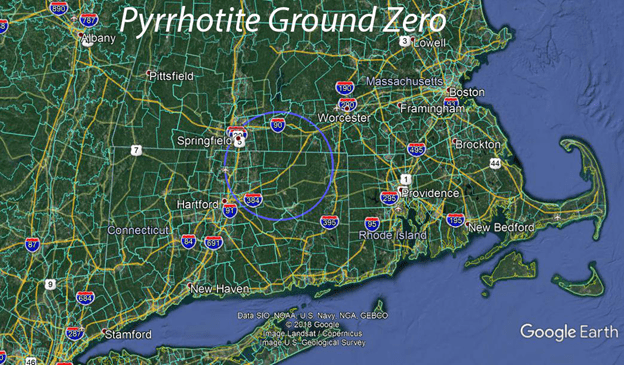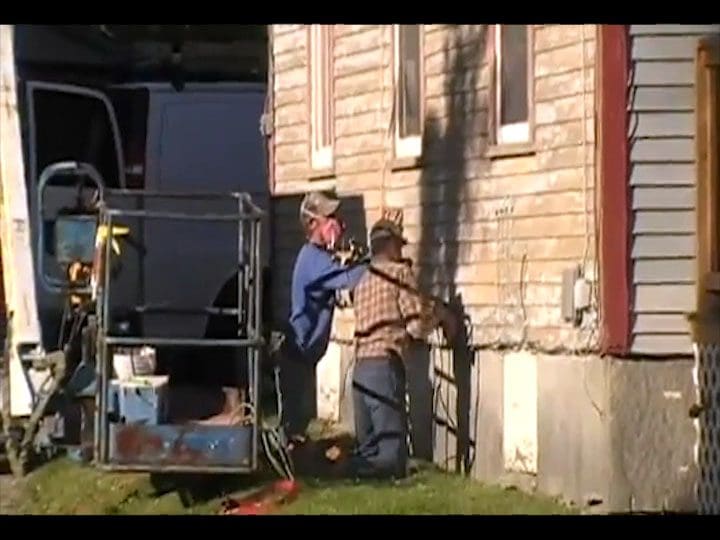Pyrrhotite Contaminated Concrete – A Call for Collaboration
In Biblical fashion, more than 34,000 residential foundations in Connecticut and Massachusetts were built on sand between 1983 and 2016. Not literally, but many if not most residential concrete foundations containing pyrrhotite aggregate from Becker’s Quarry in Willington, CT and mixed by JJ Mottes Concrete in Stafford Springs, CT will need to be repaired or replaced eventually. Those that contain pyrrhotite and have not (yet) shown evidence of failure will remain suspect and likely impact the value of the real estate. This article focuses on the single-family residential sector but the problem may be wider. Connecticut DOT asserted that pyrrhotite concrete has not impacted its structures. However, there is visual evidence that some commercial and multi-family residential structures are showing telltale signs of pyrrhotite deterioration. What is known is that thousands of pyrrhotite foundations are crumbling in a slow-motion disaster. The cost of correction currently ranges from $150,000 to $350,000, for lifting and fully replacing foundations. The economic impact on the region is immense. Connecticut officials have already identified approximately 50 towns affected by pyrrhotite foundations. Only about 700 buildings have been officially reported to date in Connecticut. However, Governor Malloy estimates that over 34,000 homes might be affected. Massachusetts …



